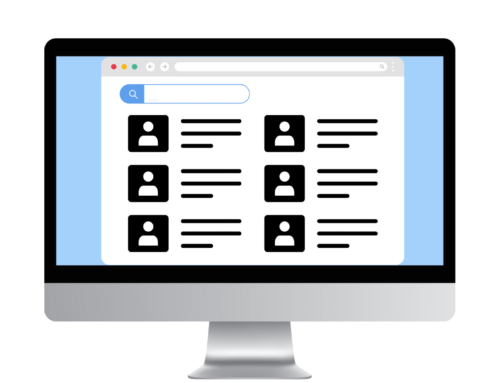
Established in 1976, the Office of Inspector General (OIG) has led the U.S. Health and Human Services (HHS) Department’s efforts to eliminate fraud, waste, and abuse. Its compliance program guidance (CPG) has improved the efficiency and effectiveness of Medicare and many other federal programs.
Last November, the OIG published industry-specific compliance guidance for 2024 for several healthcare subsectors, including nursing homes and facilities. While the CPG applies to all hospitals, practices, suppliers, and other healthcare entities, the ICPGs address the salient risk factors in each specific sector.
Based on increased attention to nursing facilities in recent years, the OIG compliance program guidance for nursing facilities addresses instances of fraud and encourages more collaborative efforts to audit current processes and improve working conditions in these settings. Although not intended to address all areas of compliance, the ICPG for nursing facilities is based on voluntary, self-monitored efforts to reduce the risk of fraud, waste, and abuse specific to this healthcare sector. More specifically, the 2024 guidance for nursing facilities focuses on several areas.
Quality of Care
Currently, the OIG imposes criminal and civil penalties for poor and inadequate care in nursing homes. The 2024 guidance indicates that nursing facilities need to identify and eliminate risk factors in resident care plans, staffing, medication management, and resident and worker safety.
Billing and Claims Submission
Practices in billing and submitting claims have come under increased OIG scrutiny. The 2024 OIG compliance program guidance for nursing facilities includes evaluation of billing for occupational, physical, and speech therapy services. It also involves increased attention to consolidated billing, assessment, reporting, and evaluation involving resident data.
Anti-Kickback Statute Violations
Regarding nursing facilities, the OIG has noted many violations of the Anti-Kickback Statute, prohibiting providers from accepting compensation for service referrals. Common violations include:
- Free services or goods to nursing home residents
- Kickbacks from hospitals for reserving beds
- Inappropriate service contracts
- Unsuitable discounts
- Making inappropriate arrangements with clinical laboratories, suppliers, and ambulance services
- Requesting or accepting benefits from a hospice
These and other violations of the Anti-Kickback Statute need increased evaluation and emphasis within the context of nursing facilities.
Stark Law Violations
The Stark Law forbids physicians from referring Medicare patients to service providers where they have a financial interest. Although services at nursing homes aren’t typically the type that fall under the Stark Law, many of these facilities use laboratory, physical therapy, and other services that benefit from federal funding. They could also have financial ties to physicians who file Medicare and other claims and, therefore, fall under additional scrutiny under the 2024 ICPGs.
Medicare Beneficiaries Making Extra Payments
In some nursing homes, residents or their families erroneously pay for services that Medicare or Medicaid already cover. Per the OIG program guidance for nursing facilities, nursing homes must check for redundancies to ensure that beneficiaries don’t “supplement” what they receive from the federal government.
Delegation of Compliance Officer
The 2024 updated guidelines for nursing and nursing homes emphasize the need for an independent compliance officer who can carry out risk assessments and oversee measures that identify and prevent incidents of non-compliance. Ideally, this person shouldn’t have current duties, such as legal, financial, or criminal, that could reflect a conflict of interest or interfere with their role as a compliance officer. However, in smaller facilities with staffing challenges, a compliance officer may need to fulfill other roles.
Meeting the 2024 Requirements With Compliance Software and Support
The 2024 OIG program guidance for nursing facilities stipulates that these healthcare centers should take action to identify and address the risk factors contributing to fraud, waste, and abuse of federal funding. Understanding current regulations and what steps to take is easier when you have a compliance service provider in your corner. At Compliancy Group, we offer software packages to help you manage all aspects of your compliance activities, including:
- Staff training, including training renewal alerts, completion status, and access to relevant training modules
- Updates on regulatory changes
- Access to company policies and procedures
- Risk assessments and reports
- OIG compliance audits
- Incident intake, tracking, and reporting
- Automation of administrative tasks
At Compliancy Group, we ensure nursing homes stay on top of the latest OIG guidance regarding nursing facilities. Don’t get left behind! Contact us today to learn how our software and other tools can help you uphold the highest standards and remain compliant with OIG regulations.









